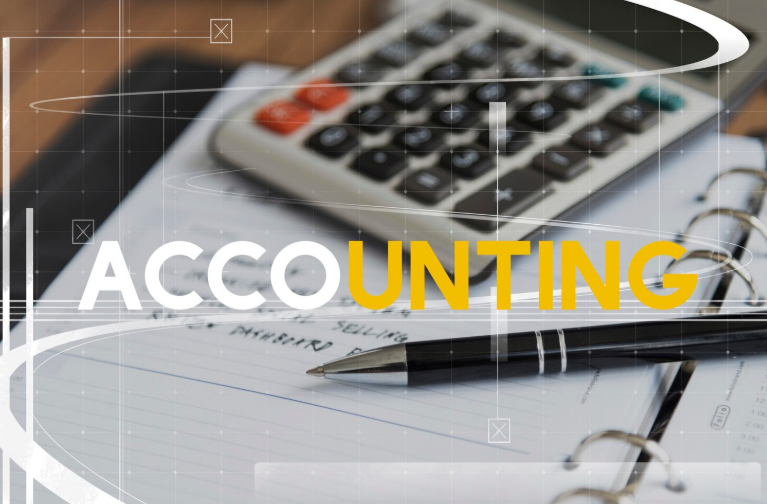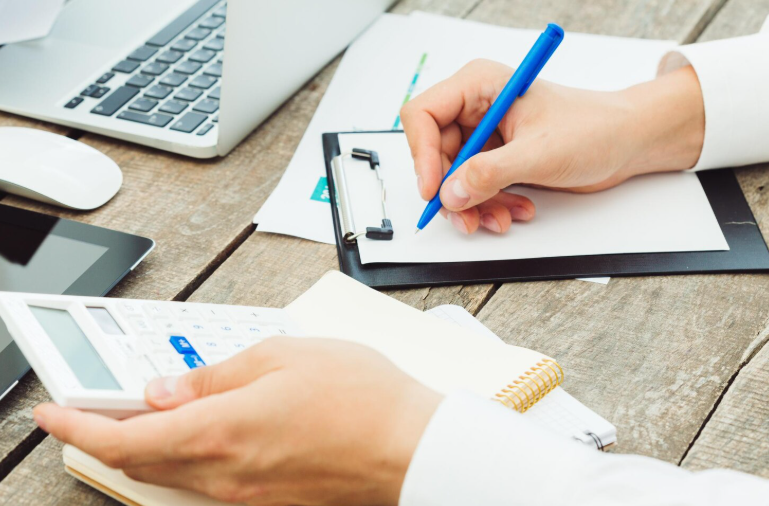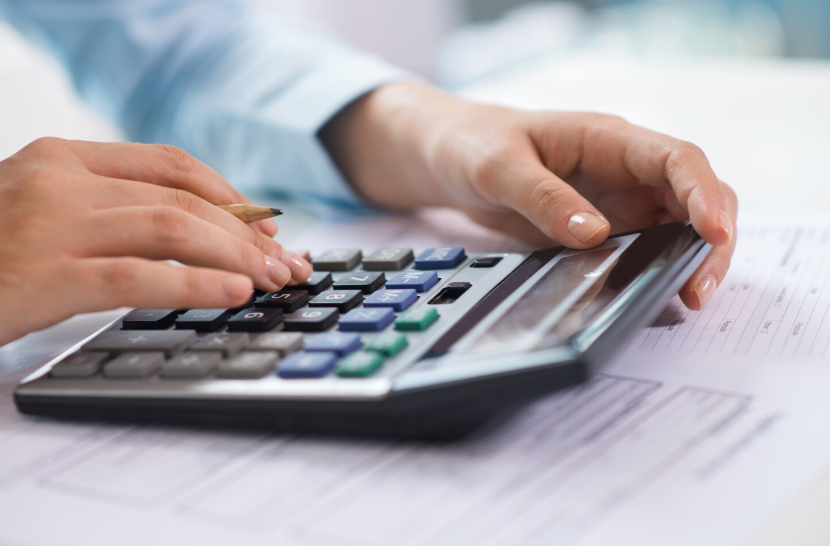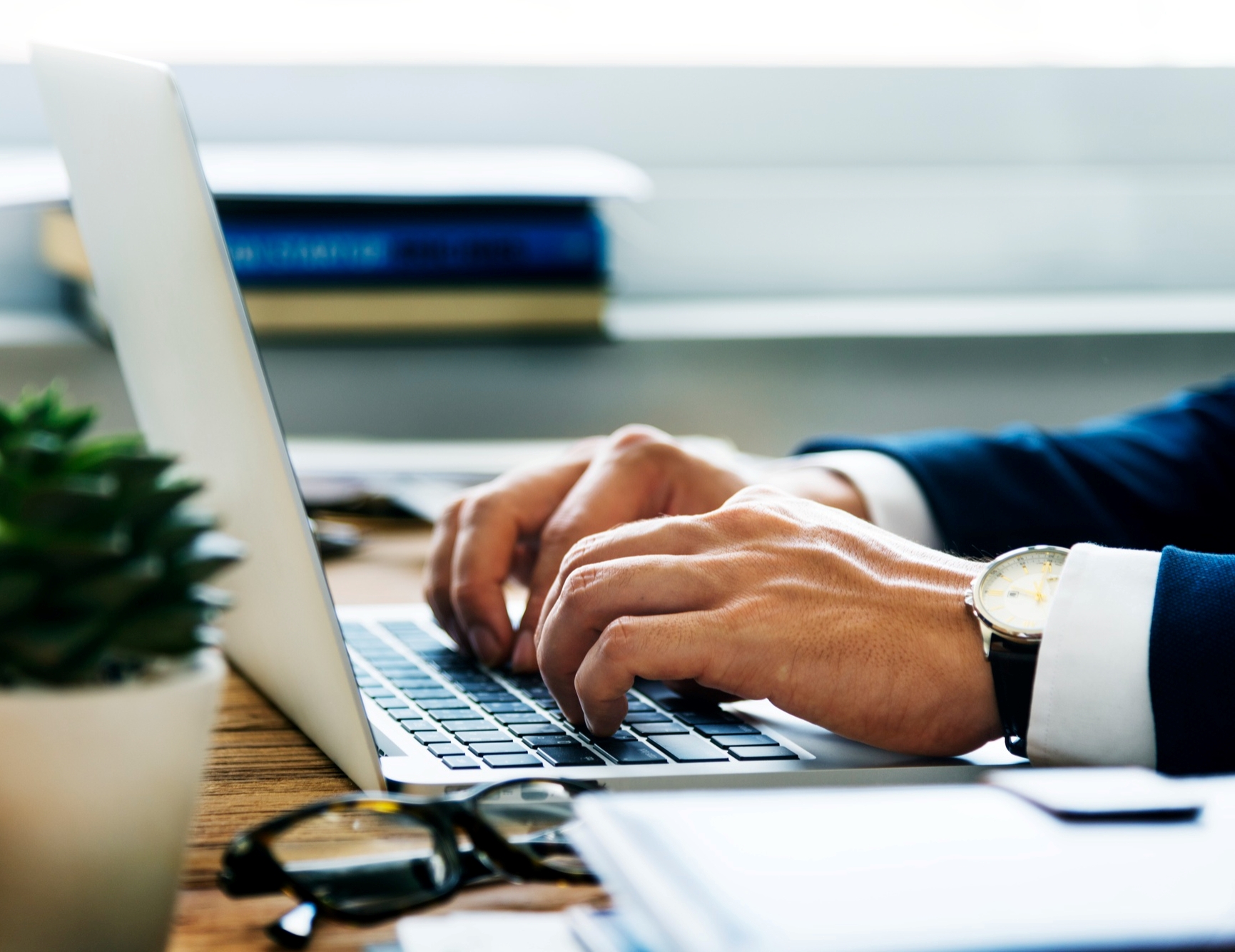Maximize tax-free allowances for self-employed professionals. Optimize savings with ACG.
 Understand Your Self-Employed Tax-Free Allowance and Allowable Expenses
Understand Your Self-Employed Tax-Free Allowance and Allowable Expenses
Running your own business as a self-employed individual comes with many advantages — including the ability to reduce your tax bill through self employed tax free allowance and smart use of self employed allowances.
At Audit Consulting Group, we help self-employed professionals across the UK understand what they can claim, how to stay compliant, and most importantly — how to keep more of what they earn.
What Is the Self Employed Tax-Free Allowance?
In the UK, the self employed tax free allowance is the same as the Personal Allowance — the amount of income you can earn before paying income tax. For the 2025/26 tax year, it’s set at £12,570.
That means:
- You don’t pay income tax on the first £12,570 of your profits
- If your profits are below this threshold, you might not owe any income tax at all
We ensure our clients claim the full self employed tax free allowance while also guiding them on further allowable deductions.
What Are Self Employed Allowances?
Self employed allowances are additional deductions you can apply to reduce your taxable income. These include:
1. Allowable Business Expenses

- Office supplies
- Phone and internet bills
- Marketing costs
- Business travel and fuel
- Professional services (accounting, legal)
- Home office costs
2. Simplified Expenses
HMRC allows flat-rate expenses for things like working from home or business mileage. You don’t need to calculate exact costs — just apply the set rates.
3. Capital Allowances
If you buy equipment or machinery for your business (like a computer or van), you can claim part or all of the cost under capital allowances.
4. Annual Investment Allowance (AIA)
Claim up to £1 million in eligible business equipment in a single year.
5. Trading Allowance
Earn up to £1,000 from self-employment or casual income without having to register for self-assessment.
We’ll help you decide whether to use actual expenses, simplified expenses, or a combination — to legally reduce your tax bill.
Real Example: Saving Money Through Smart Allowances
Client: Freelance digital designer based in Manchester
Challenge: Paying too much tax and unsure what expenses were allowed.
Solution: We reviewed her records and applied:
- The self employed tax free allowance
- Full business expenses including software, home office costs, and client entertainment
- Capital allowances for her new laptop and office chair
Result: Over £4,000 in tax savings and peace of mind knowing everything was done properly.
Are You Missing Out on Self Employed Allowances?

- Identify every eligible expense
- Keep your records audit-ready
- Ensure full compliance with HMRC rules
What Happens If I Don’t Claim My Self Employed Allowances?
You’ll pay more tax than you need to. Plain and simple.
We’ve worked with hundreds of clients who were overpaying until they spoke to us. Our experienced tax advisors ensure that no eligible allowance goes unclaimed.
Why Work with Audit Consulting Group?
✅ Experts in UK self-employment tax rules
✅ Clear, straightforward advice in plain English
✅ Support for freelancers, tradespeople, online sellers, and more
✅ Personalised service based on your business model
✅ Save time, reduce risk, and maximise your earnings
Whether you’re filing your first tax return or trying to improve your past submissions, we’ll help you take full advantage of your self employed tax free allowance and all relevant self employed allowances.
Frequently Asked Questions – Self-Employed Allowances
What is the tax free allowance for self employed people?
The first £12,570 of income is tax-free for most people in the UK. This applies whether you’re employed or self-employed.
What expenses can self-employed people claim?
You can claim expenses that are “wholly and exclusively” for business use. These include equipment, travel, marketing, home office costs, and more.
Can I claim for working from home?
Yes. HMRC allows both actual cost calculations and flat-rate simplified expenses for home-based work.
How can I track self-employed expenses?
Use accounting software, spreadsheets, or work with a tax advisor. We help clients implement easy systems that avoid stress at tax time.
Do I need to keep receipts for expenses?
Yes. While you don’t send them to HMRC unless asked, keeping proof of your expenses is important for compliance.
What if I’ve never claimed allowances before?
You may be able to amend past tax returns or adjust your current return. We’ll check your options and guide you through it.
Don’t Overpay – Get Expert Help with Your Self Employed Tax Free Allowance
If you’re not claiming everything you’re entitled to, you’re leaving money on the table. Audit Consulting Group makes it simple to:
- Understand what you can claim
- Maximise your self employed allowances
- Reduce your tax bill — legally
- Avoid common mistakes and HMRC penalties
Let’s turn your self-employment into a smarter, more tax-efficient operation.
Claim what’s yours. Stay compliant. Keep more of what you earn.
Talk to our expert advisors today about how to make the most of your self employed tax free allowance and allowable deductions.
Self-Employed Tax Deductions & Allowances Support UK
Get professional support with self-employed tax deductions and allowances in the UK at an affordable cost. We help maximise allowable expenses, reduce taxable income, and ensure HMRC compliance. Ideal for self-employed individuals seeking low-cost tax optimisation support.
Service Cost Estimation
Select the service category below to calculate the estimated cost of either accounting & tax services or forms and submissions.
Select Required Services / Forms
Select one or more services/forms to receive an accurate cost estimate. You can adjust your selection at any stage.
How would you like to engage our services?
Please select whether you require a one-off service or ongoing monthly support.
Contract Duration
Your cost estimate
Apply now and get 10% OFF
Submit your request today and receive an exclusive 10% discount on your selected service.
All prices are estimates. To receive a personalised quote, please fill out the form or contact us.
Ready to get started?
Get professional support from experienced UK accountants

 Understand Your Self-Employed Tax-Free Allowance and Allowable Expenses
Understand Your Self-Employed Tax-Free Allowance and Allowable Expenses








